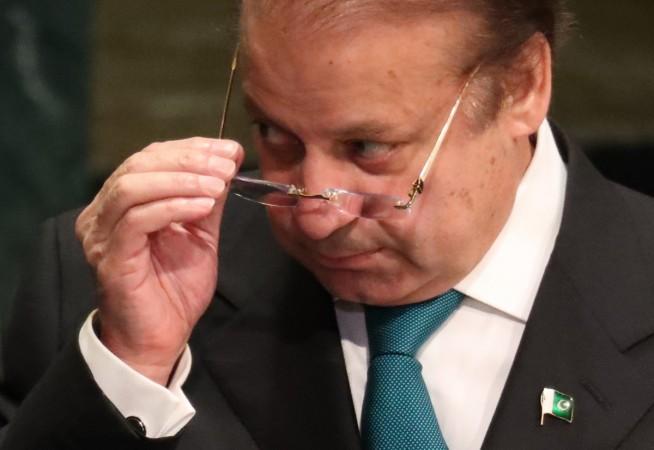
Pakistan's Supreme Court is set to give a crucial ruling on the controversial Panama Papers case on Thursday, which will determine Prime Minister Nawaz Sharif's fate. Sharif is embroiled in corruption allegations after the leaked Panama Papers linked his family to offshore businesses. If found guilty, the case could see the Pakistan PM ousted from power.
The top court's much-awaited verdict could plunge Sharif's ruling political party into turmoil ahead of the nation's general elections next year.
Sharif and his family have been accused of illegally possessing assets abroad. The Panama Papers leak showed Sharif and his family owning properties in the United Kingdom. It is also alleged that Sharif's three children were owners of offshore firms and also "had the right to authorise transactions for several companies."
The Panama Papers, which were published last year, released around 11.5 million secret documents from Panamanian law firm Mossack Fonseca which documented offshore dealings of many of the world's rich and powerful. Sharif's daughter and presumptive political heir Maryam, and his sons Hasan and Hussein were also implicated in the case.
Sharif's case being led by Imran Khan

The top court in Pakistan has heard various petitions against Sharif, which includes one filed by Pakistan Tehreek-e-Insaf's chief Imran Khan. The petitions question the legitimacy of the funds used by the Sharif family to purchase many high-end London properties through offshore companies.
Defending Sharif's case, PML-N insists that his wealth was acquired legally through family businesses in Pakistan and the Gulf. However, Imran Khan's lawyers argue that the paper trail for the funds is non-existent and that it is Sharif's responsibility to prove that his relatives did not engage in money-laundering.
There are chances that the court would oust Sharif, if proven guilty. The SC has taken such an action before during former Pakistan PM Yousuf Raza Gilani's case in 2012. The top court had held Gilani in contempt for refusing to re-open corruption investigations into then President Asif Ali Zardari, resulting in his disqualification.
However, the court could decide to probe the case further before giving a direct order. Reports state that it could direct law enforcement agencies to conduct more detailed investigations into the allegations laid against Sharif.
"The nation is expecting some sort of judgement which will change the course of history in Pakistan," senior Supreme Court lawyer SM Zafar told AFP.















